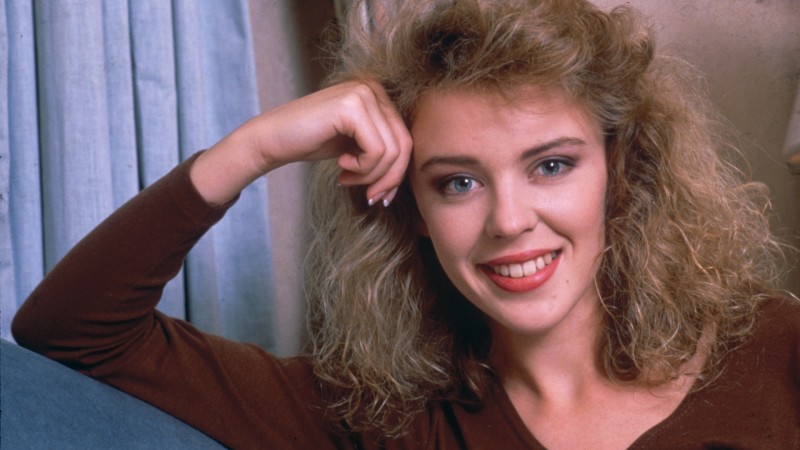
It happens to most of us sooner or later. No matter how determined we are not to turn into one of those boomers who say, “they just don’t make good music anymore,” we wake up one day and realise that we haven’t bought a new CD in 10 years – and that we could pretty much take or leave everything we hear on the radio.
Don’t even get us started on some of the music that our teen grandkids listen to (unless it’s Miley Cyrus or Harry Styles rebooting Fleetwood Mac). It all just sounds the same after awhile.
If you spent your prime years spinning the likes of Neil Diamond, Air Supply, Queen, Elton John, Billy Joel, Cher and Joe Cocker on the record player or reel-to-reel in your lounge room, or the tape deck in your car, chances are, they’ll still be the artists dominating your iTunes playlists today.
Neuroscience tells us that our musical tastes tend to set in early adolescence, and that by the time we reach the age of 20, our music preferences are quite firmly locked in.
“At 33 years of age, most people have stopped listening and looking for new music,” says the Psychology Spot website, who drew on data from Spotify for their article. “From that age, we prefer to relive the soundtrack of the previous two decades of our life.”
But have you ever wondered why our ears seem so reluctant to embrace new musical tastes as we get older?
The more we listen to something, the more familiar it becomes – and the more we like it. We may not like to think of ourselves as that predictable, but it really is that simple.
Also, when we were younger, most of us had considerably more free time to expose our brains to our favourite songs and albums over and over again (before the demands of careers and child-rearing came along and stole away those hours we used to devote to exploring new bands and learning the lyrics to our favourite songs). These melodies became an inseparable part of the soundtrack of our youth and we draw great comfort from listening to them again, now that we’re older.
“Our favourite tunes activate the pleasure areas of the brain inducing the release of neurotransmitters that make us feel very good, such as dopamine, serotonin and oxytocin,” Psychologist Jennifer Suarez explains on Psychology Spot.
“The more we like the song, the more intense that effect will be.”
“When we know a song, our brain anticipates some milliseconds to the high points of the melody, triggering that cocktail of neurotransmitters that floods us. It is a kind of ‘neuronal nostalgia’ that makes us feel good, activating positive memories.”
Melbourne consultant psychologist, Maria Ruberto, who works with neural resilience company Driven, tells Starts at 60 that our human brains will always have a preference for music that we were exposed to early in life.
“When we are young, we don’t really develop many filters about what we prefer or don’t prefer. Our brains are just open to whatever experiences are presented to us.
“So if you take my children, for example, who are in their early 20s, all they listen to, or have preference for, is 80s music. Because that’s what they listened to in the car when they were kids and I used to blare out Madonna and Kylie Minogue and Wham.

“When my daughter had her 21st birthday and all this 80s music was playing, my friend turned to me and said: ‘How do they know all the words? They weren’t even born!’”
“Eighties music translates to comfort and security for them. It feels safe. It feels like home.”
“The brain is very very quick to pick up music that is familiar and it allows us to be anchored to our well-being,” says Ruberto.
“Embracing new music has a range of health benefits,” says Ruberto, “because our brains continue to learn until we take our last breath. And what we also know now is that our level of wellbeing has a lot to do with how open we are to new music, regardless of age.”
“Exposing ourselves to new music helps keep our brains active and better able to differentiate new sounds,” she adds. “The more we do it, the more receptive or “willing” our neurons will become. For someone who has Alzheimer’s and may not remember much, they will remember their favourite song.”

Quentin Smith, 79, retired executive, Brisbane
‘My music taste hasn’t changed that much since I was young’
“When I was young, I always knew what all the latest music was. Well into my 40s, I used to care about what was in the Top 40 and go out and buy the record.
“I’d have cassettes for the car and a reel-to-reel player at home. Everybody who wanted to play serious music back then had a reel-to-reel player where you could put 3 or 4 albums on one reel and listen to them with the best sound quality.
“In my 60s, I used to buy a lot of CDs but as I got older, I started to buy DVDs of live stadium concerts instead; artists whom I liked, like Billy Joel, Elton John and Tina Turner. I must have at least 5 Cher concerts.
“As people get older, we can’t be bothered going to concerts anymore with all the fuss and the crowds. I’d much rather listen to music in the comfort of my own home on high-fidelity .
“These days, I just turn to my apple smart clock when I want to hear something and say, ‘Play me some Elton John’ and I never know quite what I’m going to get.
“My music taste hasn’t changed that much since I was young. But I’m still open to new artists who are to my taste, like Adele. I’ve always admired singer-songwriters so I’m just as likely to buy her new album, as Cher’s. The only music I hate is rap. Those idiots who get up there and mumble and you can’t understand a word they’re saying. I just can’t handle that.”